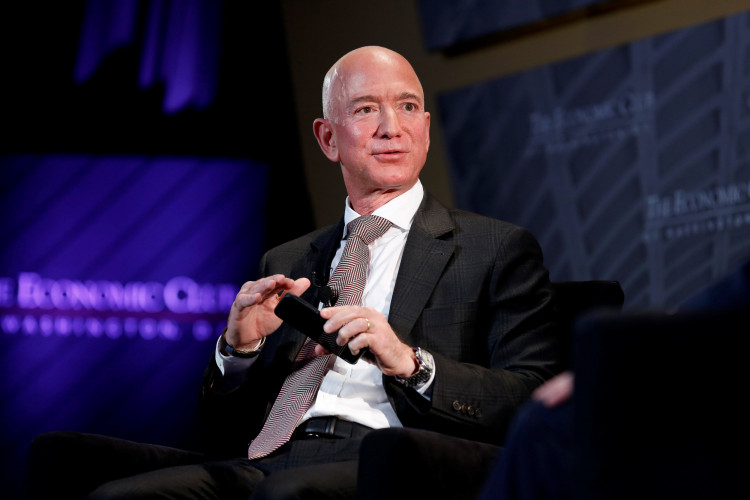The American Big Tech circle has helped provide thousands of jobs to people around the world. While the combined numbers are stellar, the figures won't add up without Amazon, the leader in job generation in the country.
According to CNBC, the latest data in job generation found out that compared to the other Big Tech firms, Amazon has grown its workforce to 72 times more than it was in the year 2000.
Based on the latest data, Big Tech companies: Alphabet, Facebook, Apple, Microsoft, and Amazon, have collectively produced over a million jobs in the year 2000 to 2018 period. While Alphabet, Google's parent company, has the largest headcount in employees, Amazon is considered as the firm that generated more jobs than others in Big Tech.
On the other hand, it is worth noting that the e-commerce giant is the only company that reports not just full-time workers but also part-time employees. It is unclear how many part-time workers the other Big Tech firms have.
Amazon's employee and worker base includes not just those who work in offices. Instead, the official workforce headcount includes people working in fulfillment centers. Many of the people in these centers and those managing distribution are paid around $15 per hour.
Google, on the other hand, is known for employing contractors - an issue that some labor rights activists have raised concerns for. It has yet to be confirmed whether the search giant's contract workers are included in the headcount.
Despite the ballooning numbers in Amazon and Big Tech jobs, a recent report indicated that the online retail platform has been reducing the number of people it employs for seasonal events, especially during holidays.
During the 2016 and 2017 holiday months, the company employed around 120,000 to 150,000 workers to help with the surge in orders. However, the headcount dropped to 100,000 last year, Quartz reported.
For analyst Mark May, who works at Citi, the increasing number of robots in Amazon fulfillment centers may have resulted in a declining human workforce hires. The company has yet to respond to questions regarding its seasonal hire plans this year.
Some industry experts raised concerns about whether Amazon is shifting to a robotic workforce but some analysts believe it is too early to say that human employees will completely be wiped out of the e-commerce firm's workforce.
Meanwhile, the White House continues to look closely into the operational models and business dealings of Big Tech companies born in the United States. Just recently, U.S. presidential candidate Elizabeth Warren once again called for action against potential antitrust violations among the firms.
Some politicians, including Warren, have called on breaking up Amazon and other Big Tech companies. Investigations are still underway to find out if these companies are monopolizing competition.






